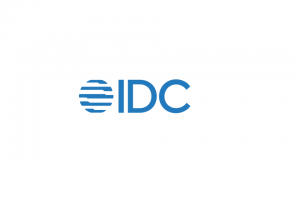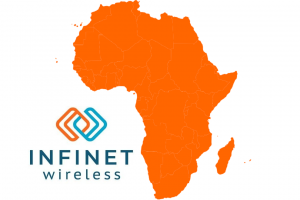Tunis: Renowned members of the Arab blogosphere just wrapped up a convention that examined the role of the internet in the Arab revolutions and the region’s democratic transition.
Some 200 cyber-activists, social networkers, online writers and new media leaders from 19 countries gathered in Tunis for the third edition of the Arab Bloggers’ Forum.
The conference ended Thursday (October 6th) after four days of discussions on issues such as the role of social networking in the Arab revolutions, democratic transitions and reforms, government policies towards technology and the credibility of information passed on through Facebook and Twitter.
“It’s an exceptional meeting,” Nawaat site administrator and conference director Malek Khadraoui said. Tunisia’s Nawaat website, Global Voice and the Heinrich Boell Foundation organised the event.
“There have been three revolutions in the Arab world, and most of the guest bloggers were involved in these revolutions, so this will enable them to meet and develop networks of solidarity.”
Khadhraoui said that the meeting gave bloggers an opportunity to think about the new challenges facing the Arab world.
Arab blogs first took off in 2004, but became more widespread and effective the following year, coinciding with the start of political movement in the region and the appearance of voices calling for change and reform.
The bloggers who took part in the Tunis conference believe that social networking websites played a main role in Arab uprisings and in confronting the injustice and oppression of their existing regimes, circumventing the regimes’ media monopolies.
Arab blogging enjoys a distinguished standing after the outbreak of the revolutions, according to Egyptian blogger Manal Hassan. According to her, this was due to their part in reporting events directly from the street to cyberspace via mobile phones and eyewitnesses.
“I think that the blogosphere has succeeded in proving its ability to report facts in the Arab world, allowing a broader room for freedom; something that made readers and those who want to know the details of events on the ground trust it,” she added.
People began to deal with modern technology in a serious way once social networking websites were created, according to Libyan blogger Ghazi Gheblawi. He said that the sites helped create a virtual debate between activists and gave them a venue to share ideas and find solutions for different problems in the Arab countries.
 Syrian blogger Razan Ghazaoui called on bloggers to benefit from the experiences they acquired during the revolutions in developing their Arab solidarity networks on the internet, and also to the struggle for freedom of expression.
Syrian blogger Razan Ghazaoui called on bloggers to benefit from the experiences they acquired during the revolutions in developing their Arab solidarity networks on the internet, and also to the struggle for freedom of expression.
However, Global Voices representative Rebecca MacKinnon believes that the blogosphere can only achieve its goals when the internet is structured and when the rights and freedoms of internet users around the world are supported.
“The citizens must hold the responsible companies to account so that the internet may develop in a way that would place citizens at its core,” she said.
Mackinnon noted that the internet has become the primary means of communication among citizens and governments. At the same time, however, she warned that controls owned by some companies could be an obstacle between the two sides.
“We can’t trust that these companies will develop or keep the internet open, free and capable of freedom of expression,” she added.
The openness and development of the internet require removal of censorship on websites as per international standards, according to Moez Chakchouck, general manager of the Tunisian Internet Agency (ATI). He added that the blogger community is also required to adopt the values of neutrality upon reporting events and to take privacy-related issues into consideration.
The conference was the first of its type to be held in Tunisia and it came amid speculation that the Nobel Peace Prize may be awarded to one of the Arab Spring activists. Candidates for the prize, set to be announced Friday (October 7th), include Egyptian blogger Wael Ghonim, activist Israa Abdul Fattah and Tunisia’s own Lina ben Mhenni.
May 23, 2025











